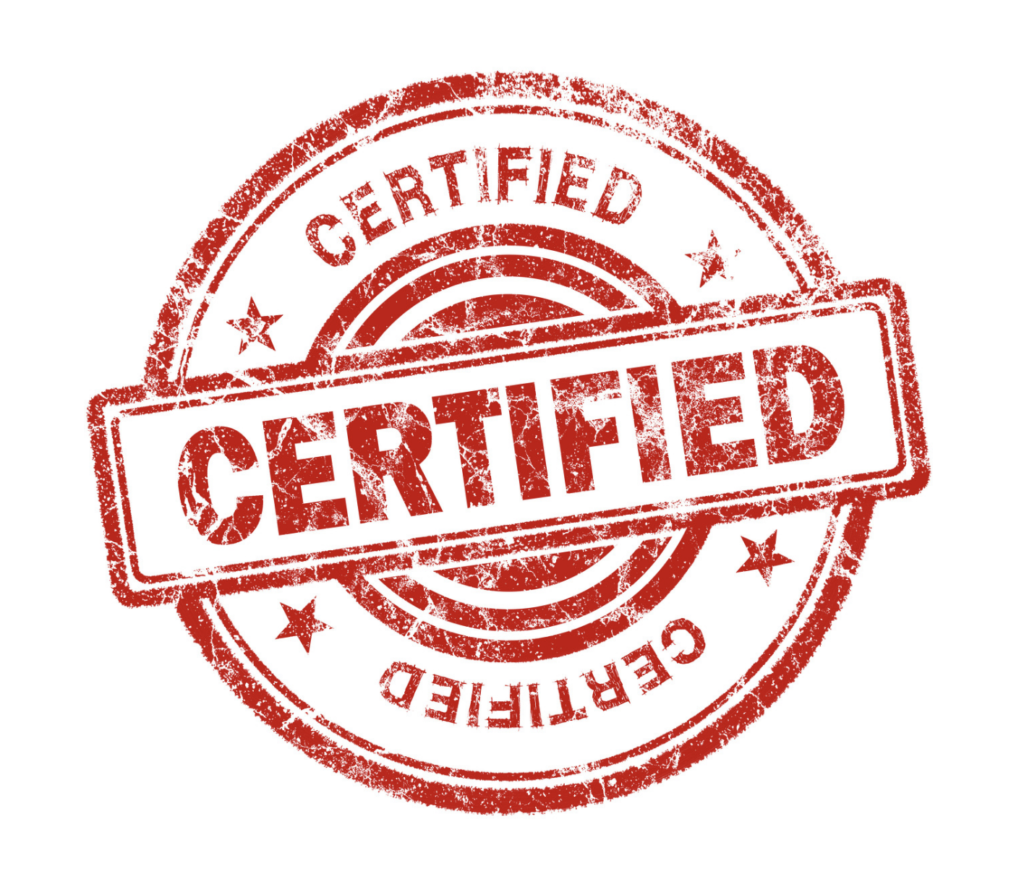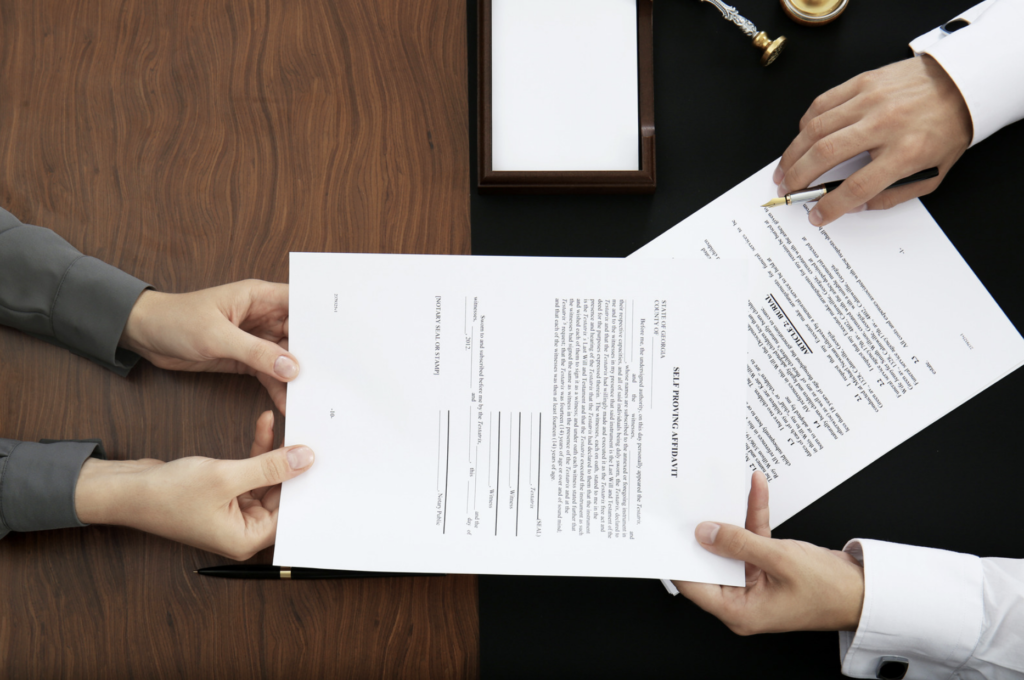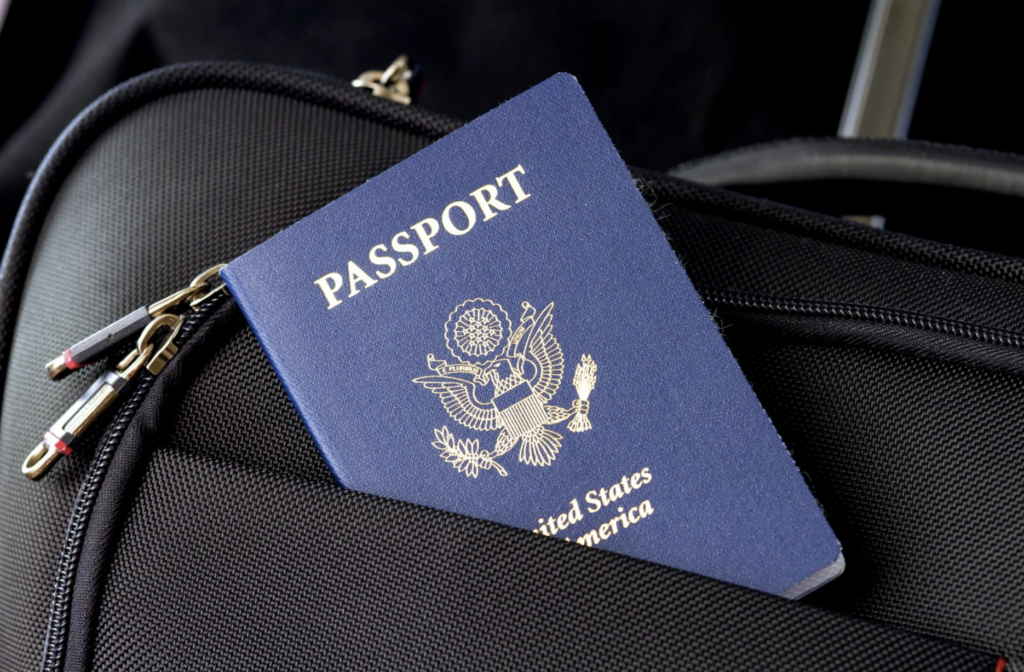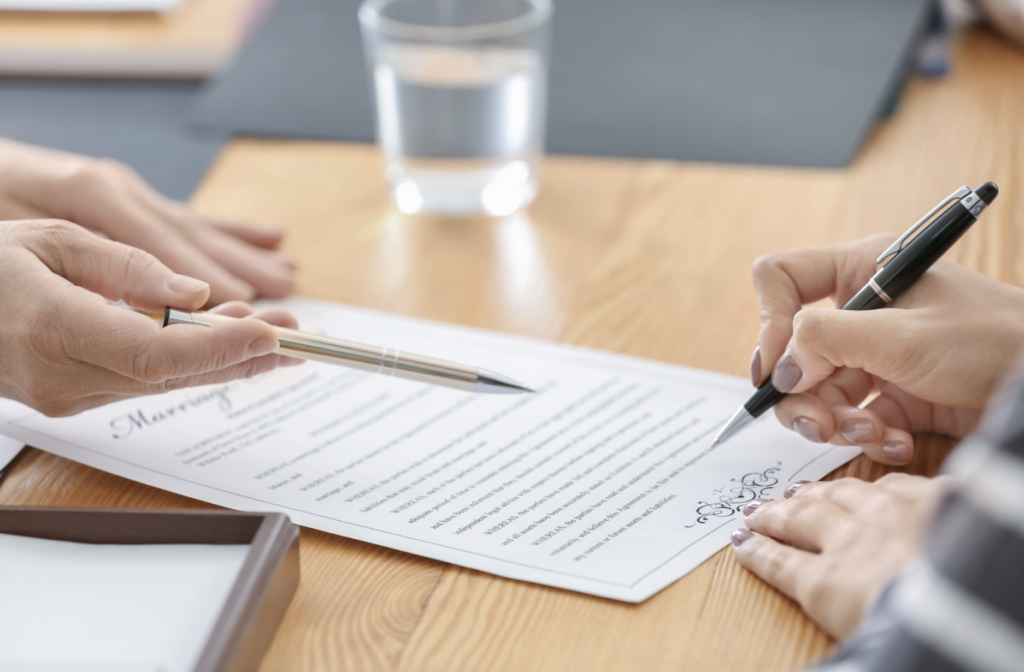How to Prepare for Notarization
A Comprehensive Guide for Notaries and Clients
Table of Contents
Step 1: Determine the Type of Notarization Needed
Hello, let me help you understand the different notarizations available! Notaries are here to assist you, so it’s important to let them know exactly what you need. There are three kinds of notarizations commonly used: acknowledgments, jurats, and copy certifications. Acknowledgments verify that you willingly signed the documents. Jurats confirm the truthfulness of the document. Copy certifications confirm that the copy you are presenting is accurate. If you’re not sure which kind of notarization you need, just reach out to the agency or lawyer who provided you with the document. And don’t worry, I’m here to help you every step of the way.

Step 2: Make Sure the Document is Complete
When preparing for a notarization, make sure your document is fully completed before meeting with a notary to avoid fraud risks. Notaries may refuse incomplete documents and can’t advise on legal effects or fill in any part except the notarial certificate wording.

Step 3: Bring Identification
The main role of a notary public is to confirm your identity by verifying state-issued identification documents, like driver’s licenses and passports. Have an appropriate ID for notarization or prepare “credible identifying witnesses” if you don’t have one. Witnesses must have an acceptable form of identification that meets state requirements. Please see Notary Services for more details.

Step 4: Ensure Names are the Same
When you’re getting a notarization, it’s crucial that your ID matches the name on your legal document. If you recently got married or changed your name for any other reason, make sure that your ID reflects that change. In cases where the names are significantly different, just provide an alternate form of valid identification that matches your document’s name instead. This will make sure that your notarization goes smoothly and gets done properly.

Step 5: All Signers must be Present
A signer must meet face-to-face with a notary in order to have their signature notarized. Make sure that anyone whose signature needs notarization is available and can attend your appointment with the notary public.A notary cannot notarize a person’s signature over the phone or video chat. However, Texas does allow you to get documents notarized by using secure online virtual notarization. Please see Virtual Notary for more details.

Step 6: Be Able and Willing
One of the essential duties of a notary is to assess the document signers for their willingness and awareness. This means that a notary will ensure that you are mentally alert and aware during the notarization process, and that you are signing the document voluntarily and not under pressure.
This is particularly important for elderly or infirm individuals. If you don’t understand the details of your transaction or are unsure about signing the document in front of you, it’s a good idea to address these concerns before going to a notary appointment.

Step 7: What to Bring
When preparing for a notarization, it’s essential to double-check that you have all the necessary items for the process to go smoothly. Here’s a list of what you’ll need to bring with you when getting something notarized:
- The completed document you wish to notarize
- A valid photo ID that meets state requirements
- Any other individuals (with proper ID) who will be signing the document
- Payment for notarial services
By ensuring you have all these items ready, you can make the notarization process quick and hassle-free.
